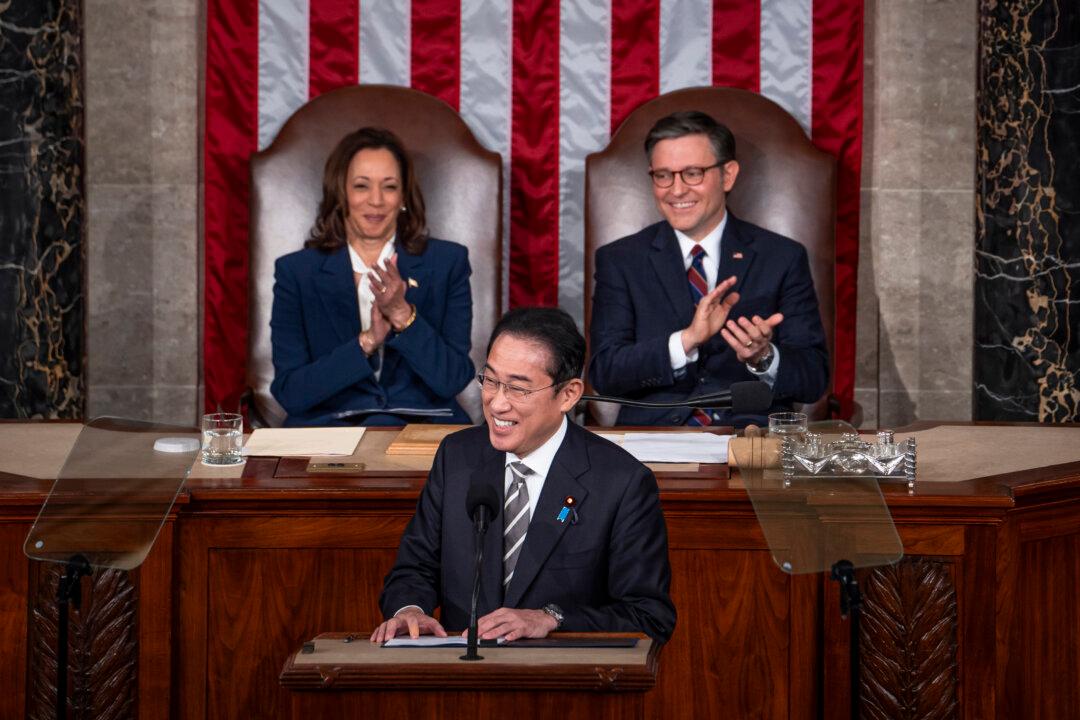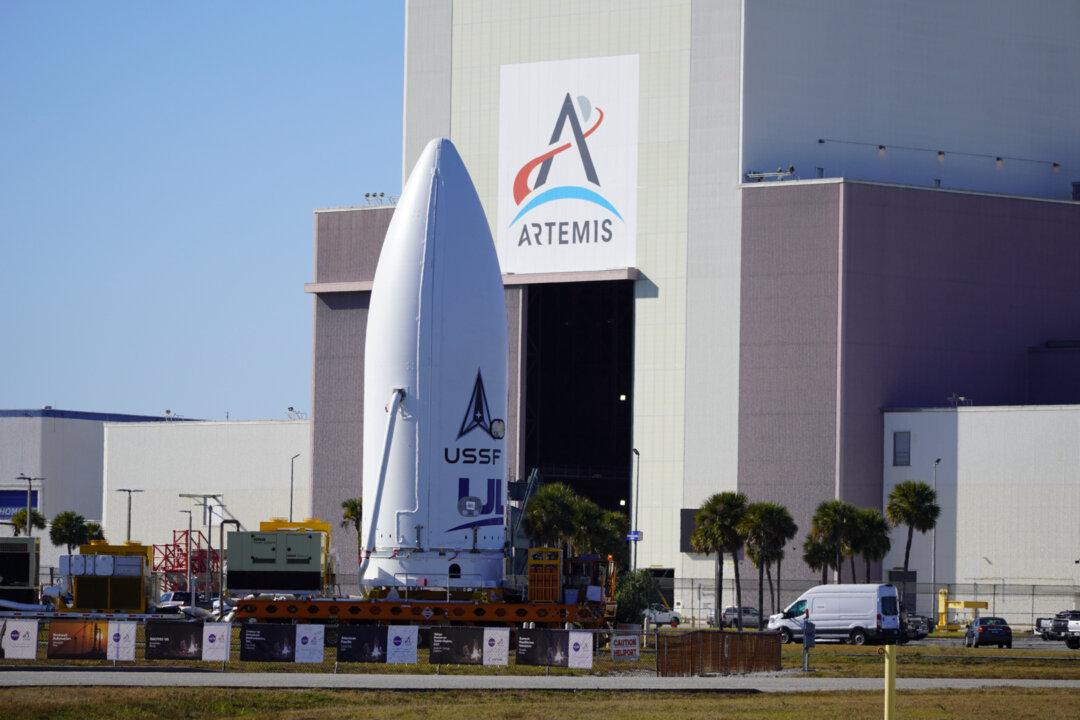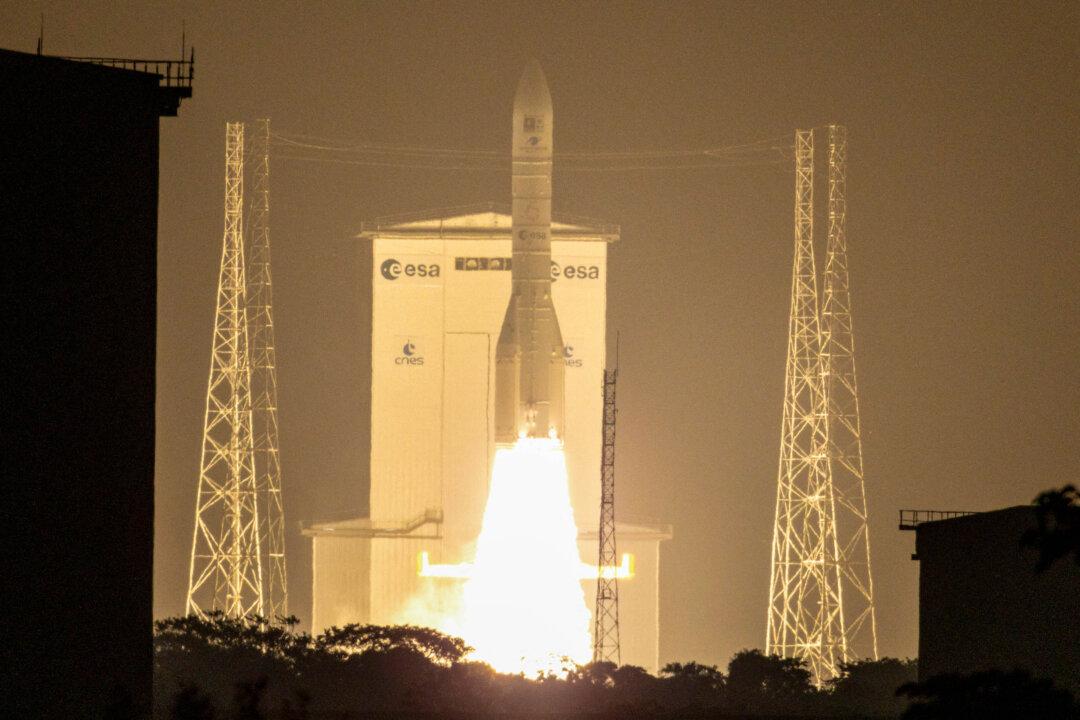Japanese Prime Minister Fumio Kishida addressed a joint meeting of Congress during his visit to Washington on April 11. He shared his nation’s commitment to being the United States’s closest global partner and emphasized that America must retain its place as a champion of freedom and democracy worldwide.
“I want you to know how seriously Japan takes its role as the United States’s closest ally,” he said. “Together, we carry large responsibilities. I believe we are essential to peace, vital to freedom, and fundamental to prosperity.”





